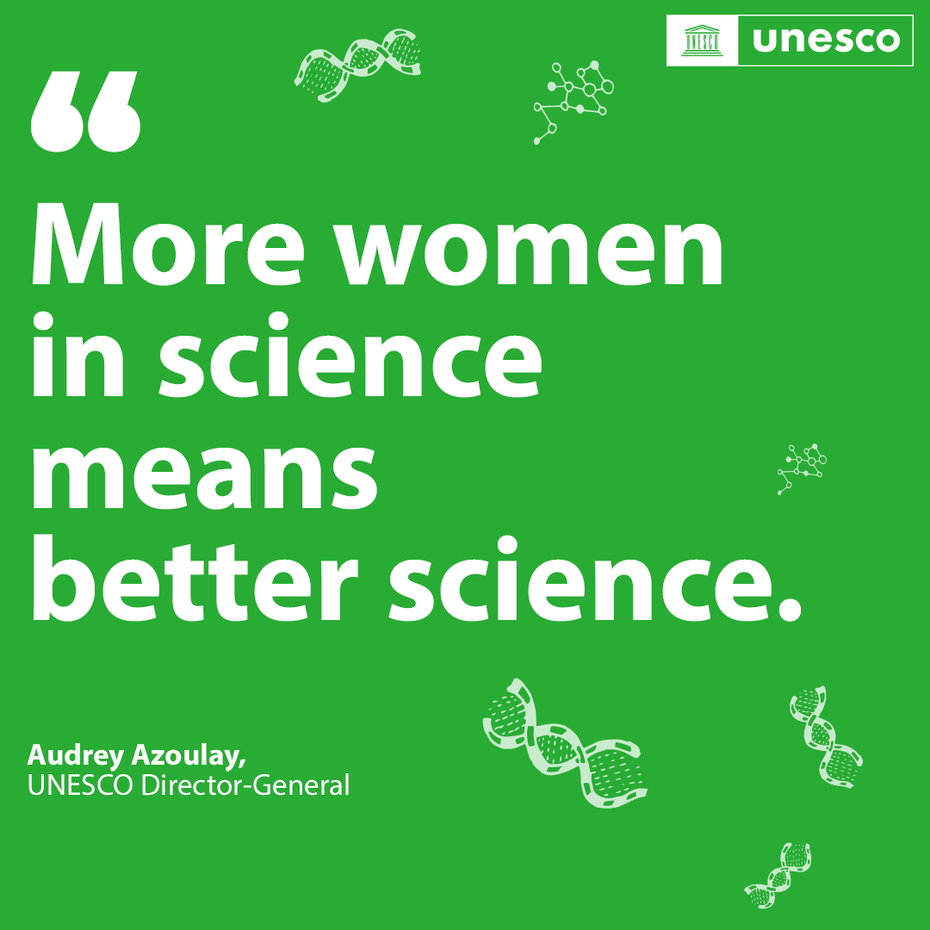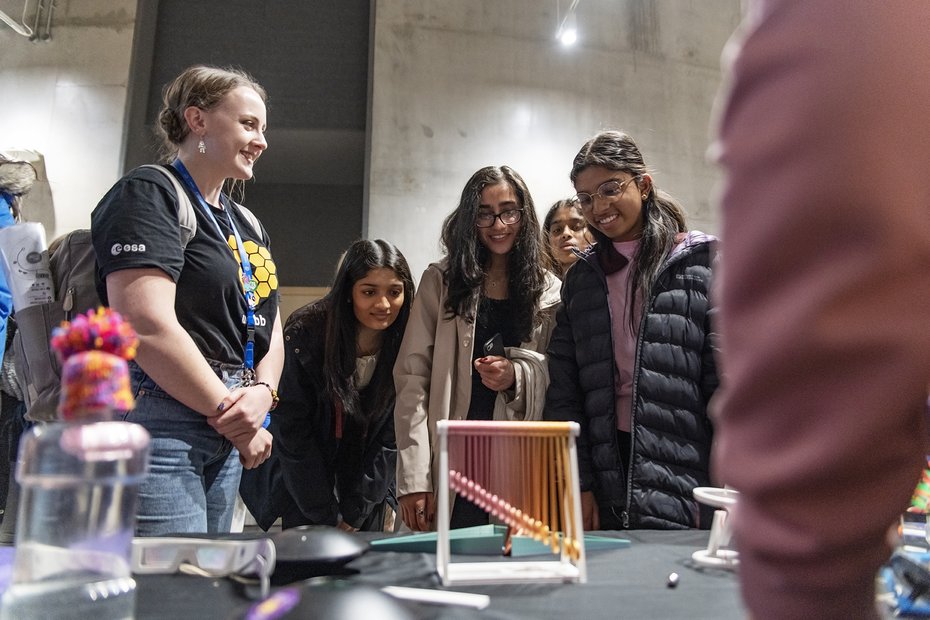International day of women and girls in science - 11th February
- Published: 8 Feb 2024
Science centres and museums around the UK are celebrating Women & Girls in Science Day 2024 with a wide range of events, activities and campaigns to highlight that science is for everyone. With talks from female scientists such as “Girl power in Science” at Oriel Science in Swansea, a day in the life interviews with female science communicators at W5 in Belfast, career activities and workshops at Thinktank in Birmingham, "Meet the Inspirer" videos shared online by Winchester Science Centre and a series of talks from female STEM role models for school pupils from Techniquest in Cardiff – just some of the inspirational initiatives happening in local communities over the weekend both in person and online.
The International Day of Women and Girls in Science is an annual observance adopted by the United Nations General Assembly to promote the full and equal access and participation of women in Science, Technology, Engineering and Mathematics (STEM) fields. A theme is selected annually to highlight a particular focus and area of discussion around a focus point for gender equality in science.
The International Day of Women and Girls in Science is implemented annually by UNESCO in collaboration with UN Women. Both organisations work with national governments, intergovernmental organisations, civil society partners, universities and corporations in order to achieve the shared goal of promoting the role of women and girls in scientific fields and celebrate those already successful in the field.
On 22 December 2015, the United Nations General Assembly met to adopt resolution 70/212 titled "International Day of Women and Girls in Science". This resolution formally proclaimed February 11 as the annual observation of the International Day of Women and Girls in Science. The United Nations General Assembly invited all member states, organisations and bodies of the United Nations alongside individuals and the private sector to engage in awareness raising and educational activities to promote the full and equal access for women and girls in science.
The two key United Nations organisations responsible for the International Day of Women and Girls in Science are UNESCO and UN Women.
Find out more International Day of Women and Girls in Science - Wikipedia
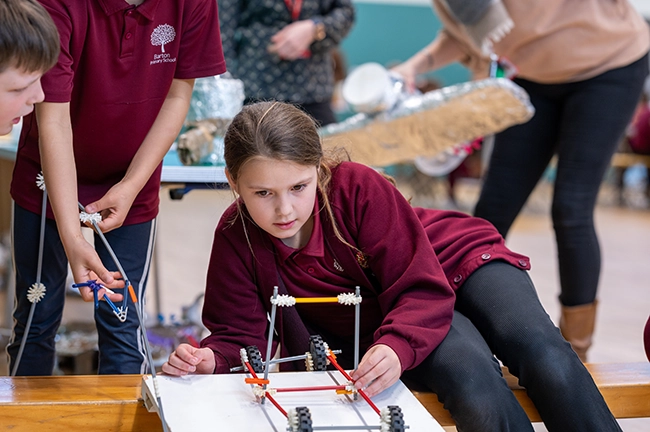
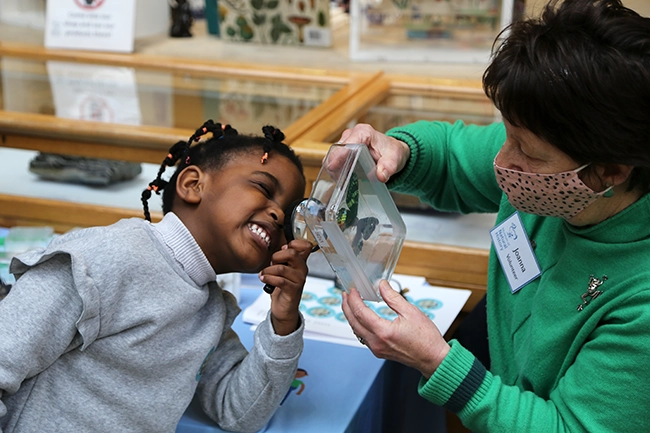
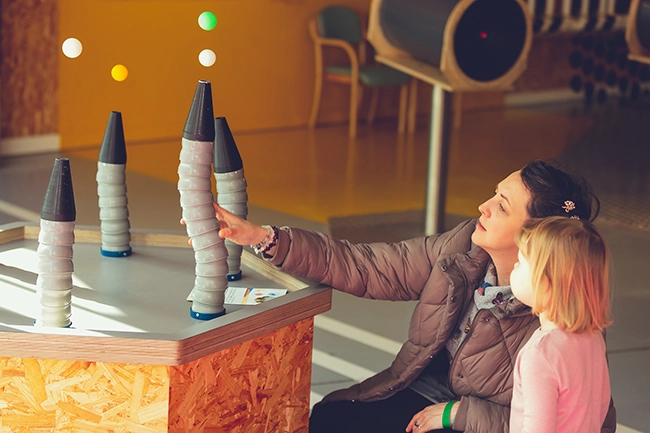
ASDC's commitment for future diversity in STEM
Science enhances lives – not only as a potential career choice – but as a set of valuable life skills and a force to be leveraged for community wellbeing and social good. Greater diversity in STEM comes as a reward for more equitable and inclusive STEM practice. UK Science and Discovery Centres are on a journey to challenge power dynamics within our processes, structures, and strategies of STEM engagement and to implement evidenced methods that push inclusive practice forward to support a flourishing and diverse STEM sector for the UK’s future.
ASDC has a collective vision for a society where science is accessible, inclusive, and valued as a fundamental part of everyday life. ASDC stands for the power within the informal science learning sector to challenge inequalities of access and opportunity, to open up choices and pathways, and support more diverse participation in STEM for all.
